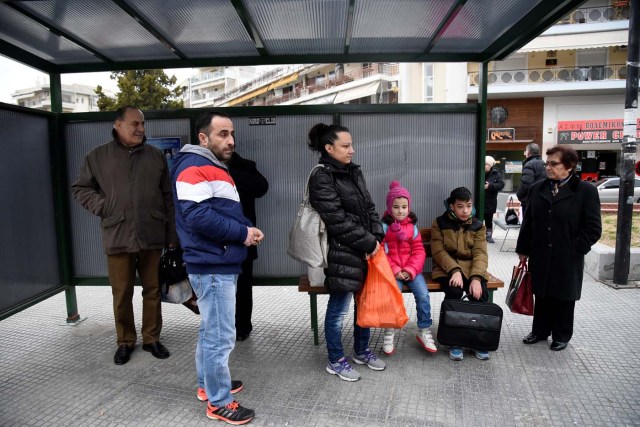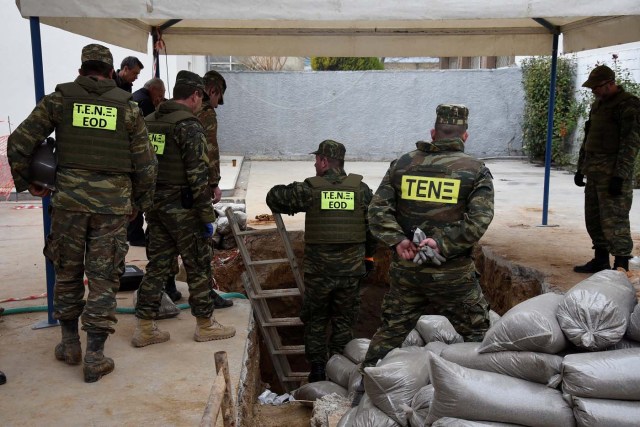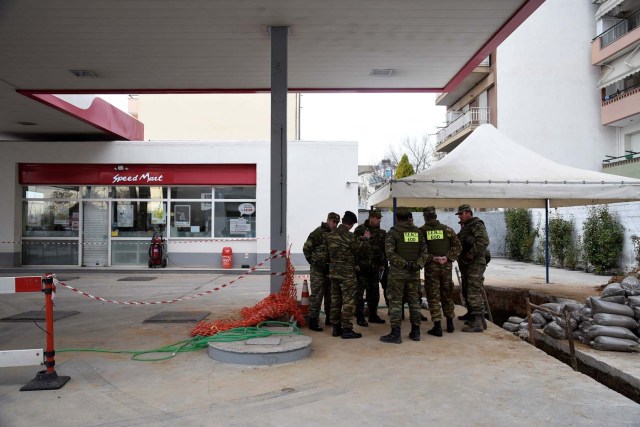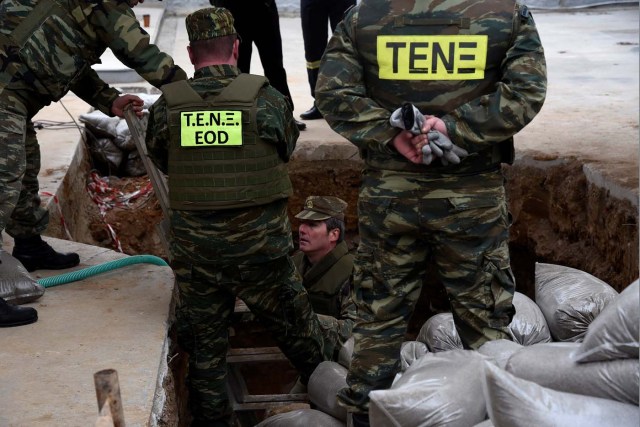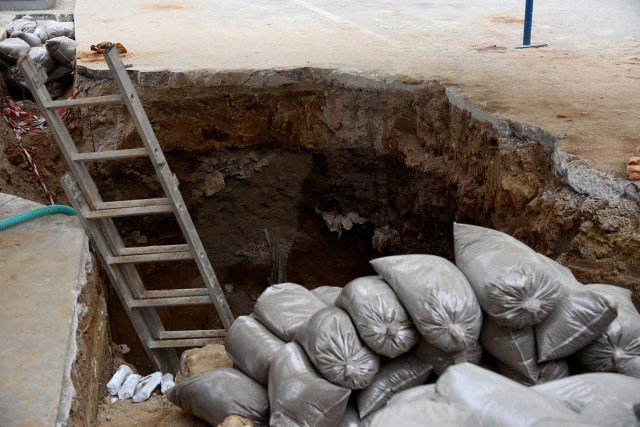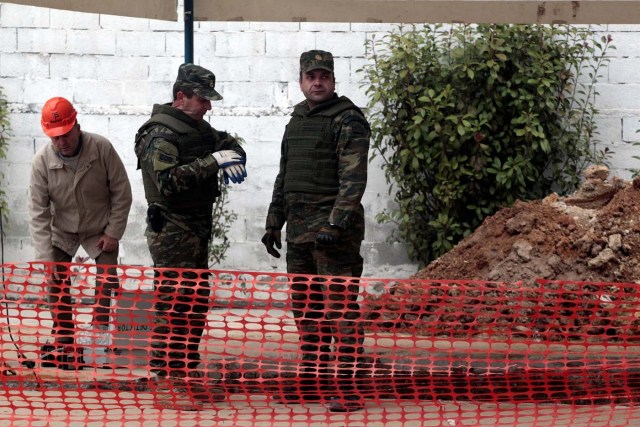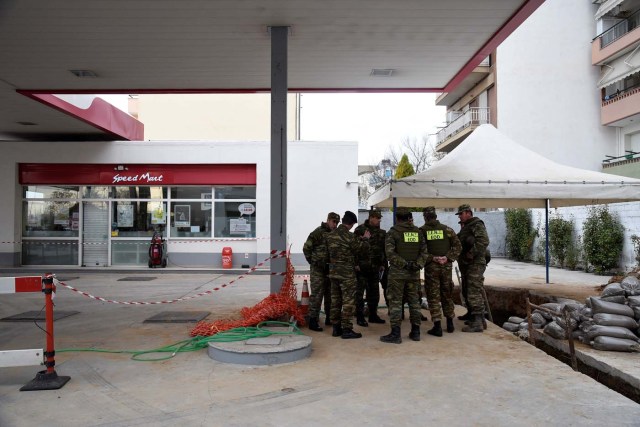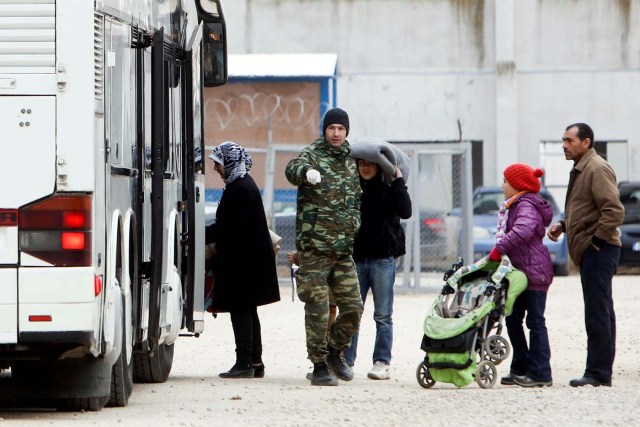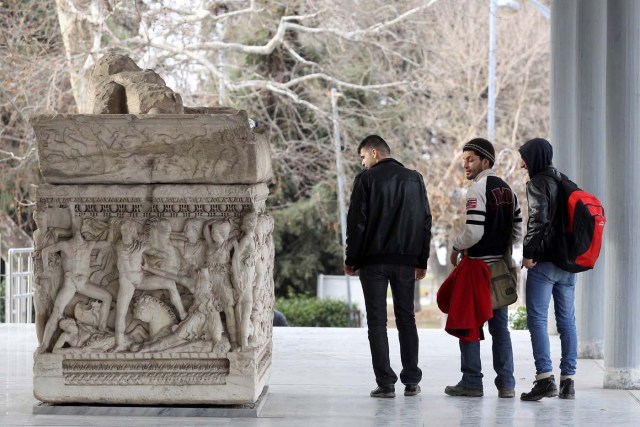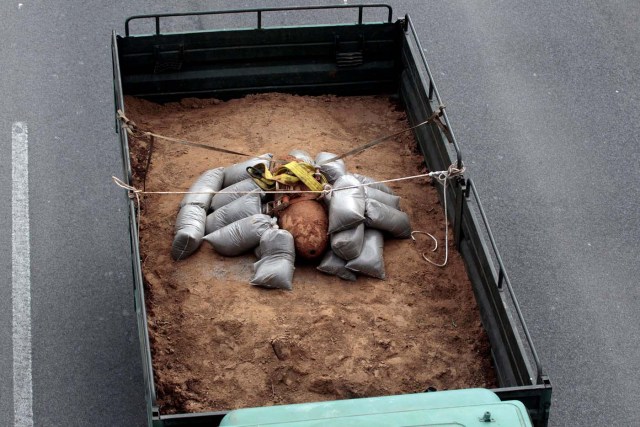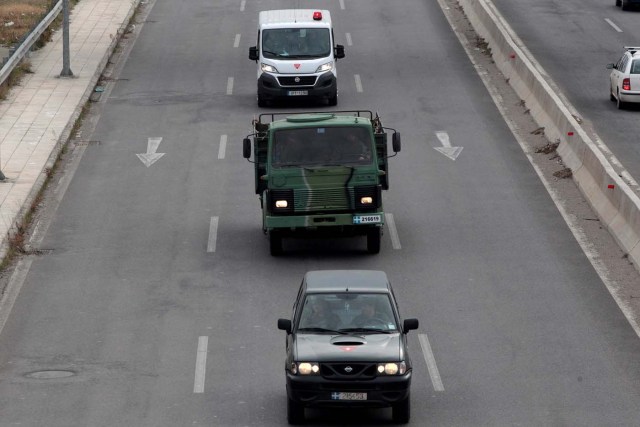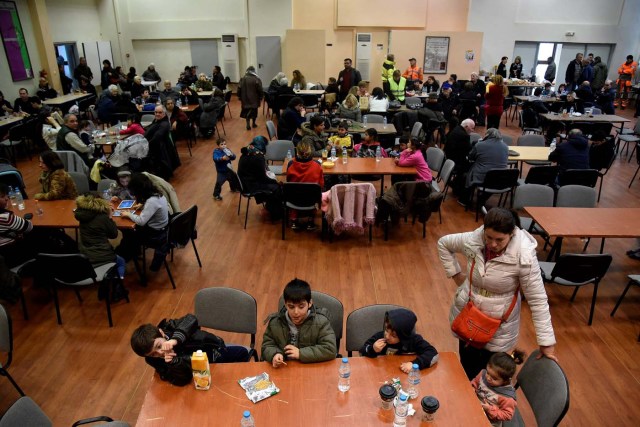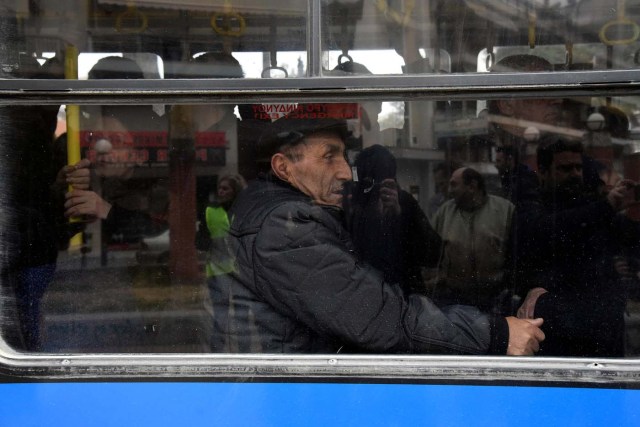
El ejército griego concluyó con éxito este domingo una operación para desactivar una bomba de la Segunda Guerra Mundial descubierta en un suburbio de Salónica (norte), que obligó a evacuar a unos 70.000 habitantes.
“La operación ha terminado, todo ha ido bien”, anunció el prefecto de la región, Apostolos Tzitzikotas, a primera hora de la tarde, cuatro horas después del inicio del operativo.
Un equipo de artificieros trabajó alrededor del cráter donde se halla la bomba, de 1,5 m de largo y que contenía 170 kilos de explosivos.
“Nunca se había encontrado en Grecia una bomba tan potente en una zona tan densamente poblada”, explicó el prefecto. Es la primera vez que el ejército griego neutraliza un dispositivo de este tamaño.
El artefacto, descubierto la semana pasada cerca de una estación de servicio, fue desactivado in situ antes de ser trasladado a un campo de tiro cercano.
La bomba habría sido lanzada por la aviación británica en 1943, en un ataque contra la estación y el puerto de Salónica que de haber explotado habría provocado centenares de víctimas, según los medios de comunicación.
El ejército impuso un perímetro de seguridad de un radio 1,9 km, lo que implicó evacuar a 70.000 personas de esta ciudad de más de un millón de habitantes.
Tras el levantamiento de la orden de evacuación general, que estaba en vigor desde las 08H00 GMT, los primeros habitantes empezaron a volver a sus hogares, aunque algunos habían preferido quedarse en sus viviendas por “miedo a los ladrones”, explicaba un comerciante, Stelios Orphanos.
“No hay de qué temer, si la bomba tuviera que explotar, ya lo habría hecho”, aseguraba por su parte una octogenaria.
Unos 400 refugiados alojados en un campamento cercano también fueron evacuados. Muchos de ellos aprovecharon para visitar el museo arqueológico de la ciudad, organizado a petición de los beneficiados por el ministerio de la Política Migratoria, reseñó AFP.
Fotos Reuters
